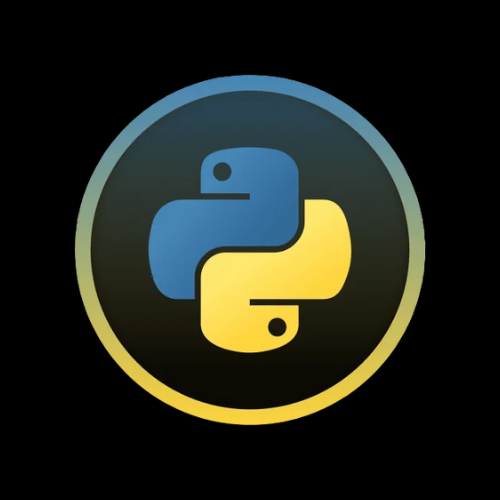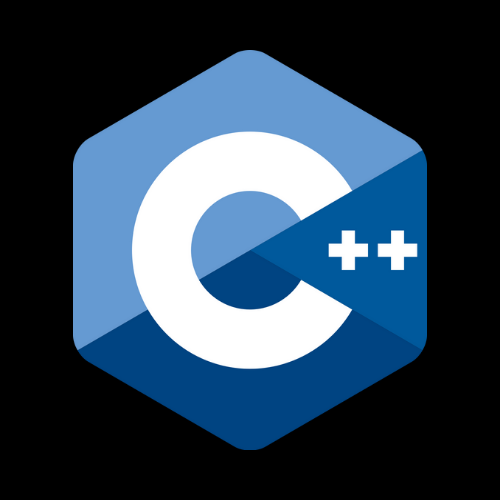Variables in Python are used to store and manage data. They act as placeholders that can hold various types of data, such as numbers, text, or more complex structures. Here's a detailed overview of Python variables:
1. **Variable Naming Rules**:
- Variable names must start with a letter (a-z, A-Z) or an underscore (_).
- The subsequent characters in a variable name can be letters, numbers (0-9), or underscores.
- Variable names are case-sensitive, meaning `myvar` and `myVar` are treated as two different variables.
- Avoid using Python reserved words (keywords) as variable names.
2. **Variable Assignment**:
- Variables are created by assigning a value to them using the `=` operator.
- The type of a variable is determined automatically based on the value assigned.
3. **Data Types**:
- Python supports various data types for variables, including:
- **Integers (`int`)**: Whole numbers, e.g., 42.
- **Floating-Point Numbers (`float`)**: Numbers with a decimal point, e.g., 3.14.
- **Strings (`str`)**: Sequences of characters, e.g., "Hello, World!".
- **Lists (`list`)**: Ordered collections of items.
- **Tuples (`tuple`)**: Ordered, immutable collections of items.
- **Dictionaries (`dict`)**: Key-value pairs.
- **Booleans (`bool`)**: `True` or `False`.
4. **Variable Reassignment**:
- You can change the value of a variable by assigning a new value to it.
5. **Dynamic Typing**:
- Python is dynamically typed, which means you don't need to specify the data type of a variable explicitly.
- The type is determined at runtime based on the assigned value.
6. **Multiple Assignment**:
- You can assign multiple variables in a single line.
7. **Variable Scope**:
- Variables can have different scopes:
- **Global Scope**: Variables declared outside of any function are in the global scope and can be accessed from any part of the program.
- **Local Scope**: Variables declared within a function are in the local scope and can only be accessed within that function.
8. **Constants**:
- While Python does not have constants in the same way as some other languages, it is a convention to use UPPERCASE_NAMES for variables that are intended to be treated as constants.
9. **Delete a Variable**:
- You can delete a variable using the `del` statement.
10. **Type Conversion**:
- You can convert a variable from one type to another using type casting functions like `int()`, `float()`, and `str()`.
Python variables play a crucial role in programming and allow you to store and manipulate data efficiently. Understanding variable types, scoping rules, and naming conventions is essential for writing clean and maintainable code.


